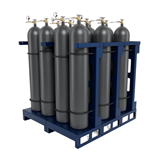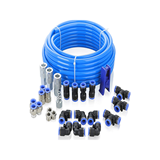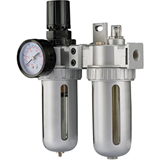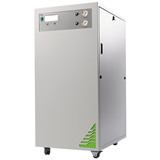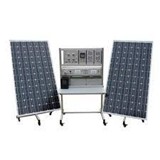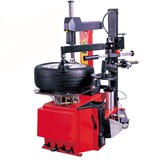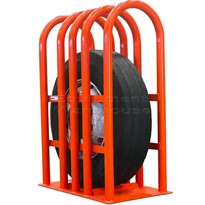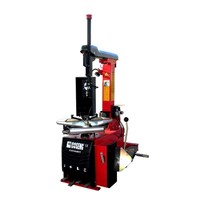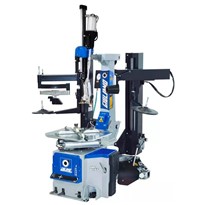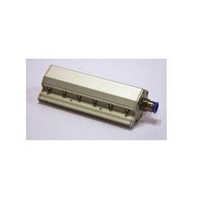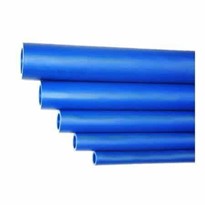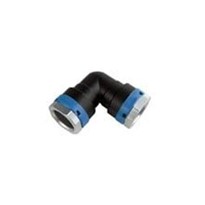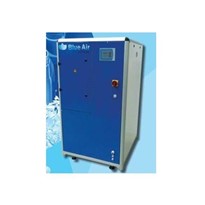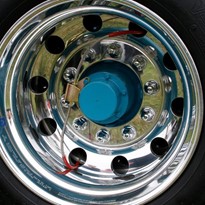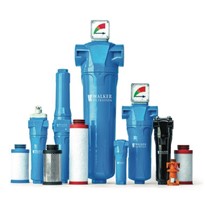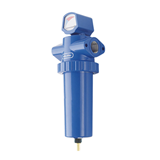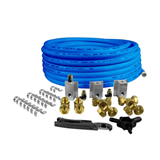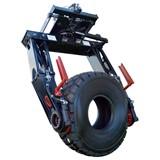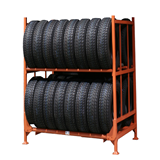Compressed nitrogen is becoming an increasingly popular medium for inflating tyres. A close look at nitrogen reveals why the gas is in demand as an alternative to compressed air.
There are several benefits in using pure nitrogen to inflate tyres on passenger cars, light commercial vehicles and large trucks. Oxygen diffuses much more quickly through the tyre than nitrogen does under the same pressurised system. A nitrogen inflated tyre will maintain the recommended pressure within the tyre for longer than one filled with air. Therefore, drivers do not have to check the tyre pressure as regularly and the probability of driving a vehicle with under pressurised tyres is reduced.
Nitrogen will also extend the life of the tyre by up to 25% according to practical examples of truck fleets using nitrogen rather than compressed air. Because nitrogen can maintain the correct pressure within the tyre for longer it diminishes wear and tear. Uneven wear across the tyre profile is decreased as are rim corrosion, rubber deterioration by oxidation and over heating.
The extended life of the tyre also results in economic benefits. Fleet truck operators do not have to change the tyres as regularly, benefiting from potential savings. And needless to say, the larger the tyre and the bigger the fleet, the greater the savings.
The use of nitrogen in tyres can also improve the fuel consumption of the vehicle or truck. Tyres that are under pressure have a higher tyre deflection on the road, which in addition to sluggish handling, result in higher fuel consumption.
Nitrogen can be supplied as bottled gas but this can be an expensive and impractical option as availability will be determined by the reliability of deliveries to the site.
According to David Green, General Manager Sales and Marketing at CAPS, a more practical alternative is the nitrogen tyre filling system.
'It's a low cost option, and the integrated, compact package includes an air compressor, air treatment components and a nitrogen generator that supplies nitrogen on demand,' said David.
Compressed air is generated by an oil injected rotary screw compressor, which provides air at the appropriate volume and pressure to meet the inlet needs of the nitrogen generator. Between the compressor and the generator the air is dried and filtered to ensure that any residual oil and particulate present in the air stream is reduced to very low levels to protect the material present within the generator.
In the nitrogen generator, oxygen is separated from the nitrogen component in air and purged, leaving a relatively pure stream (typically 95-98% purity) of nitrogen at the outlet of the generator.
'There's no doubt that nitrogen is a very real and cost-effective option to compressed air when it comes to tyre inflation. It's an option that fleet owners and operators should consider as the benefits and savings that flow from using nitrogen can be considerable,' said David.
For more information on the nitrogen tyre filling system contact Compressed Air and Power Systems (CAPS Australia) on 1300 858 763 or email [email protected]


